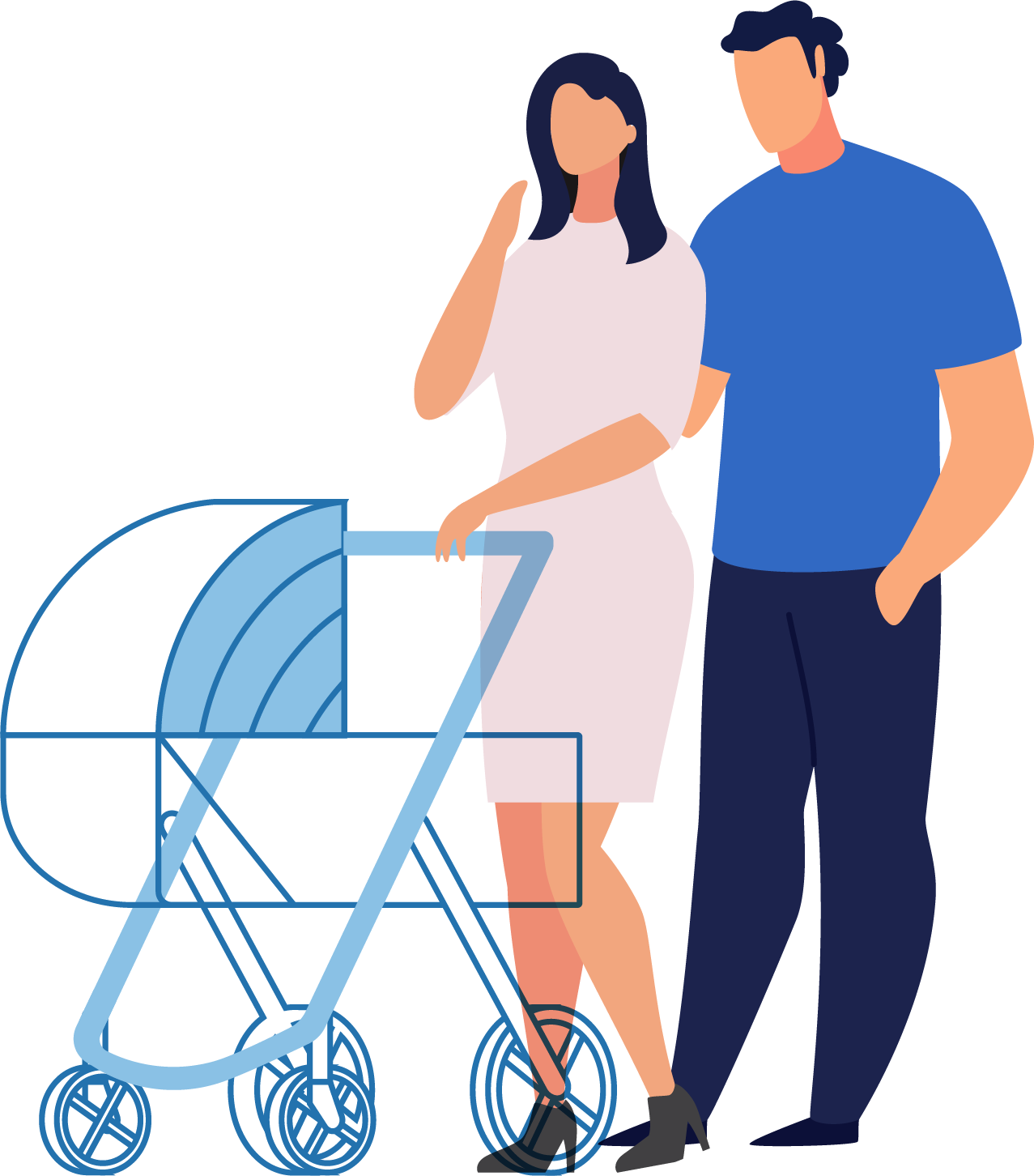While they may not cost as much as something like a car, a breast pump can nevertheless be a serious investment for many new parents. If that’s the case for you then it’s only natural to have the instinct to look for a used breast pump somewhere – either through friends or family that have had a baby and still have the items they bought for their own breastfeeding journey, or through online marketplaces and social media. However, a used breast pump comes with a number of potential risks that need to be weighed against any potential financial savings that you might make. In this piece the breastfeeding experts at Limerick will take a look at these risks, what they mean, and how they can be avoided – let’s get started then, and if you’re looking to learn more about buying or selling a used breast pump safely then you should also check out the articles here and here.
The Health Risks Associated With A Used Breast Pump
A used pump is still a piece of healthcare equipment, and unless the handover to a new user is handled correctly then it’s all too easy for contamination to occur and for a used breast pump to make the second owner or baby that they serve sick in some way. Because of this, any ancillary equipment like a bottle, bottle caddy, or accessories that have touched milk, or mom or baby’s skin shouldn’t be re-used under any circumstances. Closed-system pump units like those you can buy from Limerick are safe to use second hand, but supporting equipment like gaskets, lengths of tubing etc. should only be sold on if they are in sealed ‘new in box’ condition.
The Mechanical Risks Associated With A Used Breast Pump
In addition to health risks, a used breast pump also comes with mechanical risks. It can be hard to verify that the pump you’re getting has been looked after properly, or even that it actually works before you try to turn it on for that first time, with the added complication that a used breast pump will likely not be covered by any kind of manufacturer warranty. All of this means that if you choose to accept a used breast pump, you do so at your own risk, with no real recourse for repair or replacement. If the pump you receive is faulty upon reception, or if it develops a fault during your time using it, it would be up to you to service and maintain it, or source any parts you need.
A Note For The US Market
Because of these risks, the FDA classes breast pumps as single-user items, and does not support the use of a breast pump by more than one woman outside of a hospital environment, since hospitals have access to specialist cleaning materials, and can therefore assure a higher level of cleanliness and ability to protect against germs than is possible at home. This stance extends to the sale or use of used breast pumps as well.
Avoiding the Risks
These health and mechanical risks are the main concerns when buying a used breast pump, and in the opinion of the Limerick team if you want to avoid them you really only have two viable options:
Buy from a known, trusted source
If you are going to go with a used breast pump, then you need to be sure that you’re confident of it’s provenance, and that the seller or provider is as interested in your being able to use it safely as you are. For that reason, wherever possible we recommend sticking to people that you know, and whose motivation is to help you out rather than to make money or to just get rid of the equipment.
Buy a new breast pump
Our team's recommendation however, is to not run the risk of a used breast pump at all. Even if it means setting some money aside while you’re waiting for baby to arrive, the best thing you can do for both your and their health is to follow the FDA guidelines and buy a new breast pump. If you’re ready to do that right now then the Limerick shop is the place to go, but Limerick is way more than a leading breast pump manufacturer…
More Practical Breastfeeding Support from Limerick
Our industry-leading closed-system breast pumps are just the start – alongside them Limerick also offers a wide range of practical breastfeeding advice and support through our Resource Center, while our Instagram and Facebook pages are a great place to meet parents just like you, or put a question to our team directly!
